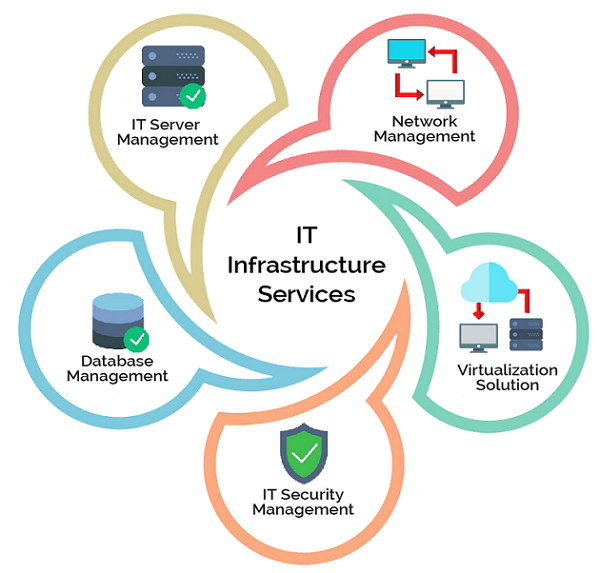Unlocking New and Sustainable Sources of IT Infrastructure Services Revenue

The economic models that generate IT Infrastructure Services revenue have undergone a profound transformation, moving away from project-based and time-and-materials contracts towards more predictable and value-aligned recurring revenue models. The dominant model in the market today is the managed services contract, where clients pay a recurring monthly or annual fee for the ongoing management and support of a defined set of IT infrastructure components. This subscription-based approach has become the standard for everything from data center management to cloud infrastructure and security services. This model provides the service provider with a stable and forecastable stream of revenue, while the client benefits from predictable costs and access to a full team of experts for a fraction of the cost of hiring them in-house.
This evolution towards more stable and scalable revenue models is a key factor behind the market's impressive financial growth. The entire industry is projected to expand significantly, with its total market size expected to grow to reach USD 179.67 billion by the year 2032. This growth is supported by a strong and consistent compound annual growth rate (CAGR) of 11.20% during the forecast period. The attractiveness of the high-margin, recurring revenue from managed services has made this sector a key focus for all major IT companies. The long-term nature of these contracts, often spanning multiple years, ensures high customer retention and provides a solid and resilient foundation for the market's long-term revenue expansion and overall health.
Beyond the core managed services contract, leading providers are diversifying their revenue streams to capture more value across the customer lifecycle. A significant source of initial, non-recurring revenue comes from professional services, which includes the initial assessment of a client's environment, the design of a new architecture, and the complex work of migrating workloads to the cloud. Another growing revenue stream is the resale of hardware and software. Many service providers have partnerships with major technology vendors and generate revenue by reselling cloud services, security software, and networking hardware as part of their overall solution, often adding their own layer of management and support on top.
Looking ahead, the future of IT infrastructure services revenue will be increasingly tied to outcome-based contracts and the monetization of automation. In an outcome-based model, the provider's revenue is directly linked to the business results they deliver, such as a guaranteed percentage of uptime for a critical application or a measurable reduction in security incidents. This perfectly aligns the interests of the provider and the client. Furthermore, as providers invest heavily in building their own proprietary automation and AIOps platforms, they can create new, high-margin revenue streams by licensing this intellectual property to their clients or by using it to deliver their services more efficiently, which in turn improves their profitability and ability to invest in further innovation.
Explore Our Latest Trending Reports:
India High Performance Computing As A Service Market
- Art
- Business
- Causes
- Crafts
- Dance
- Drinks
- Film
- Fitness
- Food
- Games
- Gardening
- Health
- Home
- Literature
- Music
- Networking
- Other
- Party
- Religion
- Shopping
- Sports
- Theater
- Wellness
